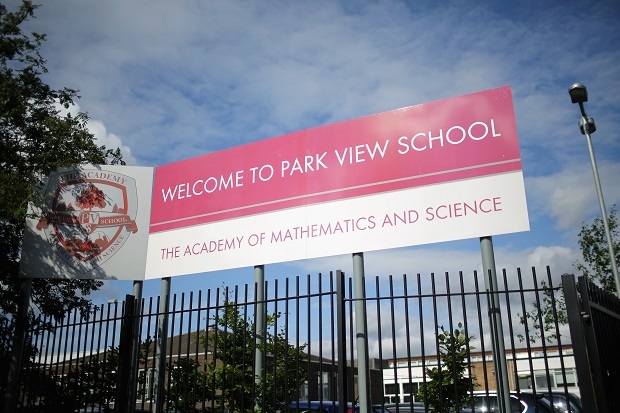Following Freddy Gray’s piece yesterday about the pundits’ efforts to exploit the ‘Trojan Horse’ affair in order discredit ‘faith’ schools, I thought you might be interested in the statement below, from the Catholic Education Service, which pretty well sums up the argument.
One person the CES may have in its sights when it talks about the charge of indoctrination is the former Education Secretary, David Blunkett, who observed yesterday that: there was a ‘muddle’ in the heart of government when it comes to religious schooling. ‘Our society does need an open, liberal — small ‘l’ — curriculum that embraces all faiths and no faiths, and teaches children to think for themselves … rather than have any ideological, any politics, any faith, pushed down their throat.’ Loaded, or what?
Actually, I think to avoid confusion, Christian schools should revert to being ‘church’ schools rather than ‘faith’ ones. It’s interesting that when people are asked in polls whether they support faith schools they tend to give a dusty response; when they’re asked about church schools, it’s another story; and as we all know, the best ones are beating applicants off with sticks. Though as the statement below makes clear, the ones affected by the ‘Trojan Horse’ affair aren’t faith schools at all. ‘Church schools’ plus ‘faith schools’ for non-Christian institutions is a clumsy formula, but it might actually be a helpful distinction.
Here’s the statement:
‘In light of the alleged “Trojan Horse” plot in Birmingham the Catholic Education Service has produced the following statement:
“Many people are confusing extremism with religion. It should be clarified that the alleged problems in Birmingham concern a number of community schools not faith schools. Catholic schools and other faith schools should not be penalised in response to these allegations.
“The Catholic Church welcomes the role of Ofsted in ensuring accountability and inclusive education for all, regardless of belief. Catholic schools are a place where pupils come together to lean about faith in an open and informative way to question and form their own understandings of their faith. Catholic schools exist to provide high academic standards and the formation of the whole person. They are not places of indoctrination or proselytisation.
“Catholic schools are an integrated part of local communities with more pupils from ethnic minority backgrounds and deprived areas than national averages.”’







Comments